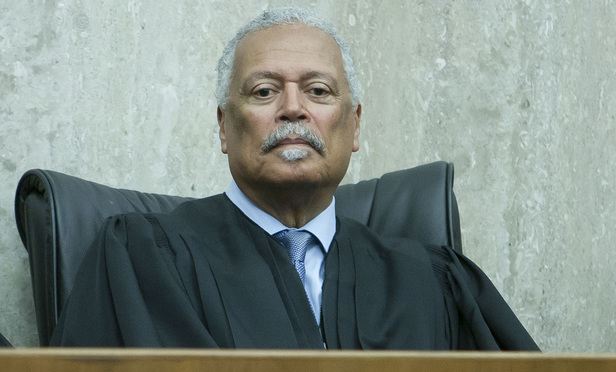The court’s role is not to craft a new compromise based upon the court’s own views about the appropriate amount of compensation due to class members who alleged decades-long, and, in many cases, life-altering discrimination at the hands of their federal government. Nor is it to create a preferred process for distributing the funds to charity.
Sullivan expressed frustration with the government’s opposition to any adjustment to the settlement agreement that would result in more money for class members, saying it stood in contrast “to the messages of respect and reconciliation” that President Obama and other officials made publicly when the settlement was announced. The judge wrote that he was bound by the agreement, but felt compelled to make “observations” about the public policy implications of the failure of the claims process.
“Although a $380,000,000 donation by the federal government to charities serving Native American farmers and ranchers might well be in the public interest, the court doubts that the judgment fund from which this money came was intended to serve such a purpose,” Sullivan wrote. “The public would do well to ask why $380,000,000 is being spent in such a manner.”
Sullivan called the massive amount of leftover settlement money a “cautionary tale” for other class actions.
The judge said he expected the issue to go up to an appeals court. He urged the parties to reach an agreement.
“The simplest resolution, however, is the same path that took this case from one of the hardest-fought cases on this court’s docket to one of the more monumental civil-rights settlements in recent memory. The parties have the ability to reach a compromise that the court can approve and which would give this case finality,” Sullivan wrote.
John Dillard of Olsson Frank Weeda Terman Matz, a lawyer for the Keepseagles, said they were disappointed with the decision but glad the judge rejected the changes to the settlement agreement proposed by class counsel and the government. He said he and his clients were open to future negotiations.
“Allowing the settlement agreement to remain as it is would be an absurd result and not something that’s consistent with this administration’s policies towards Native Americans,” Dillard said.
Joseph Sellers of Cohen Milstein Sellers & Toll, a lead attorney for the class, said his side was also willing to renew talks about how best to use the leftover funds.
“We made, on behalf of the class, what we thought was the best case for the use of the unclaimed funds in a manner that would serve the class’ interest and would meet with the approval of the USDA,” Sellers said. “We appreciate the court’s thoughtful decision, even if it led to a result different than the one we sought, and we are considering our options.”
A DOJ spokeswoman declined to comment.
This story was updated with additional comment about the ruling.



